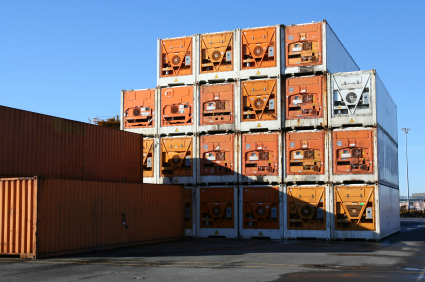Cool and refrigerated cargoes are used to meet the world’s hunger for fresh fruit and perishable foods. Complex global supply chains have emerged, and the marine transportation of cool cargoes is increasingly used to satisfy Canadian consumer demand. The demand for ocean transport of perishable cargoes is not immune to macro-level economic and policy developments. Based on research findings Darryl Anderson, Managing Director of Wave Point Consulting offers his insights and comments to readers of Canadian Sailings in a series of articles on the subject of cool and refrigerated cargoes.
Cool and Refrigerated Cargoes Research Finding
The political quest to achieve or broaden agricultural trade agreements to include more perishable food has been simultaneously met with both enthusiasm and resistance. Health and safety issues are driving the popularity of consumer trends such as “the 100-mile diet” and an increasing emphasis on organic food products is shifting attention to local farm production. Interest in the marine transportation of ‘cool cargoes’ has been stimulated by the world’s hunger for fresh fruit and perishable foods. This is reflected in fundamental shifts that are occurring in international refrigerated shipping.
The current regulatory framework (shipping laws, food and drug regulations, environmental regulations, customs and security regulations and tariff and quotas) has implications for the future growth of the cool cargo industry in the world and Canada. It has an effect of raising transportation and compliance costs which lead to a fall in quantity traded in global markets. At the moment, the most serious regulatory barriers are the food and drug regulations, unnecessary duplication of custom and security regulations, and tariffs/quotas.

